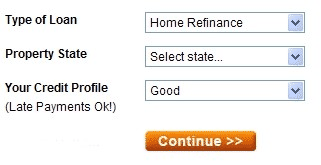Recording Fee – Glossary Term
A recording fee is a fee required on every mortgage. It does not go to the broker, loan officer, or lender but to your county. Each county’s fees are different.
The recording of your mortgage is the last thing done to complete the process making it part of the public records. You will see this fee under Government Recording and Transfer Charges on the Good Faith Estimate and your closing statement.
Mortgage Recording Fee Definition
A recording fee is a fee charged by the county to record your mortgage and real estate documents. If you are buying a home, the sale of the property has to be recorded at the county. That shows the current owner transferring title to you as the new owner.
Your mortgage is also recorded and shown as a lien against the property. Different kinds of transactions require different costs because the county charges by the page. A refinance will have a different number of pages than a purchase.
So a recording fee is a legitimate fee and not a junk fee because it has to be recorded at the county. It is also not tax deductible.
Not every page of your closing documents are recorded. That would cost a pretty penny. Only the documents showing transfer of ownership and liens or release of liens become part of the public records at the county.
This is what the title company does when you buy or refinance. They perform a title search on your property. At the county they see who the current owner is and what liens are against the property.
A title search is performed on a home for sale to make sure the person selling the property is actually on title and allowed to sell. For a refinance, the new lender has to see all liens against the property.
And yes there could be mistakes made when recording a mortgage or sale. But that is what title insurance is for.
Previous Post:« PITI Payment – Glossary Term
Next Post:» Par Rate – Glossary Term
Tags: Loan Programs • Recording Fee • Tax Deductible


I keep listening to the news speak about public records so I have been looking around to read up on the topic. Thank you for your help!